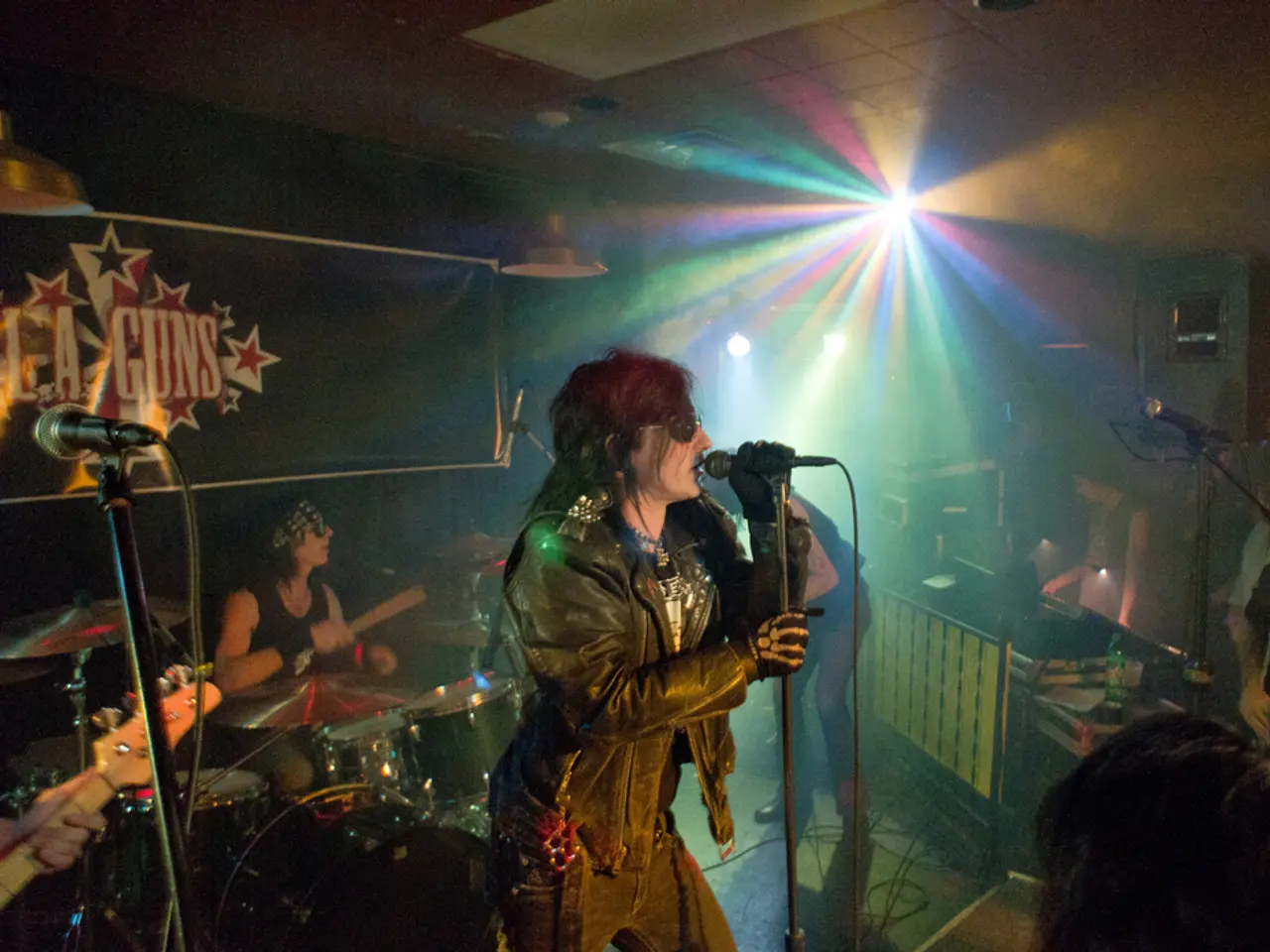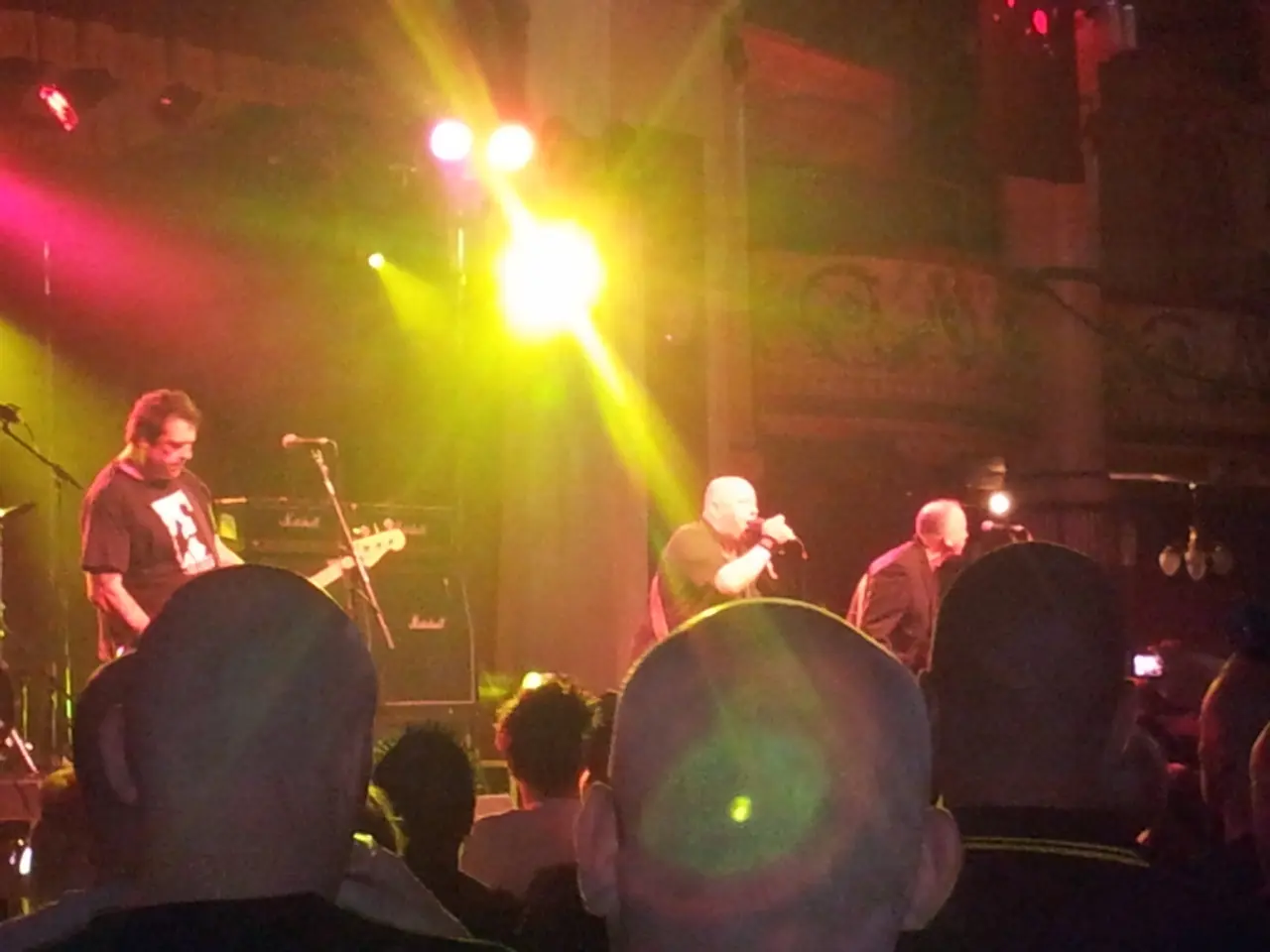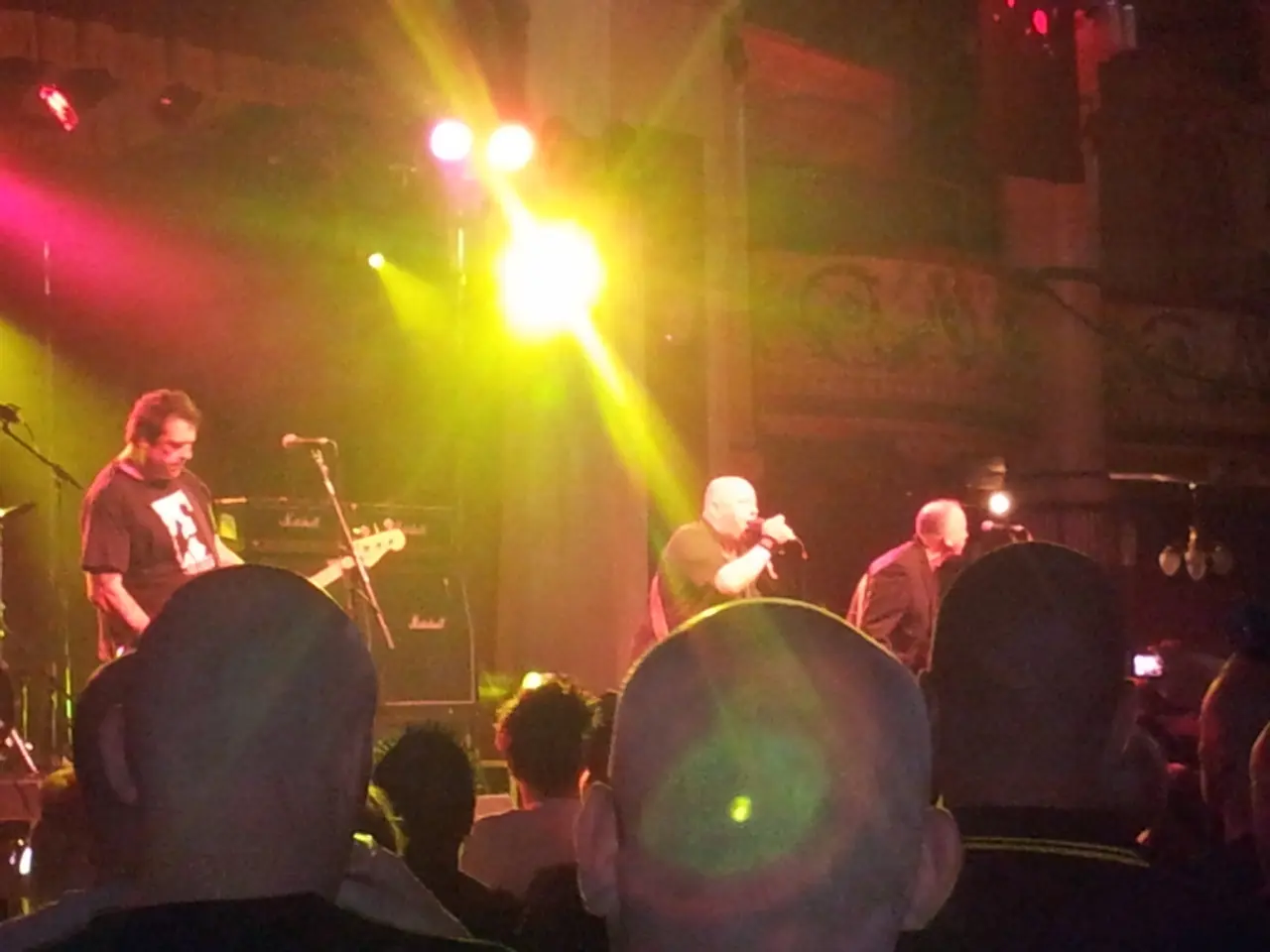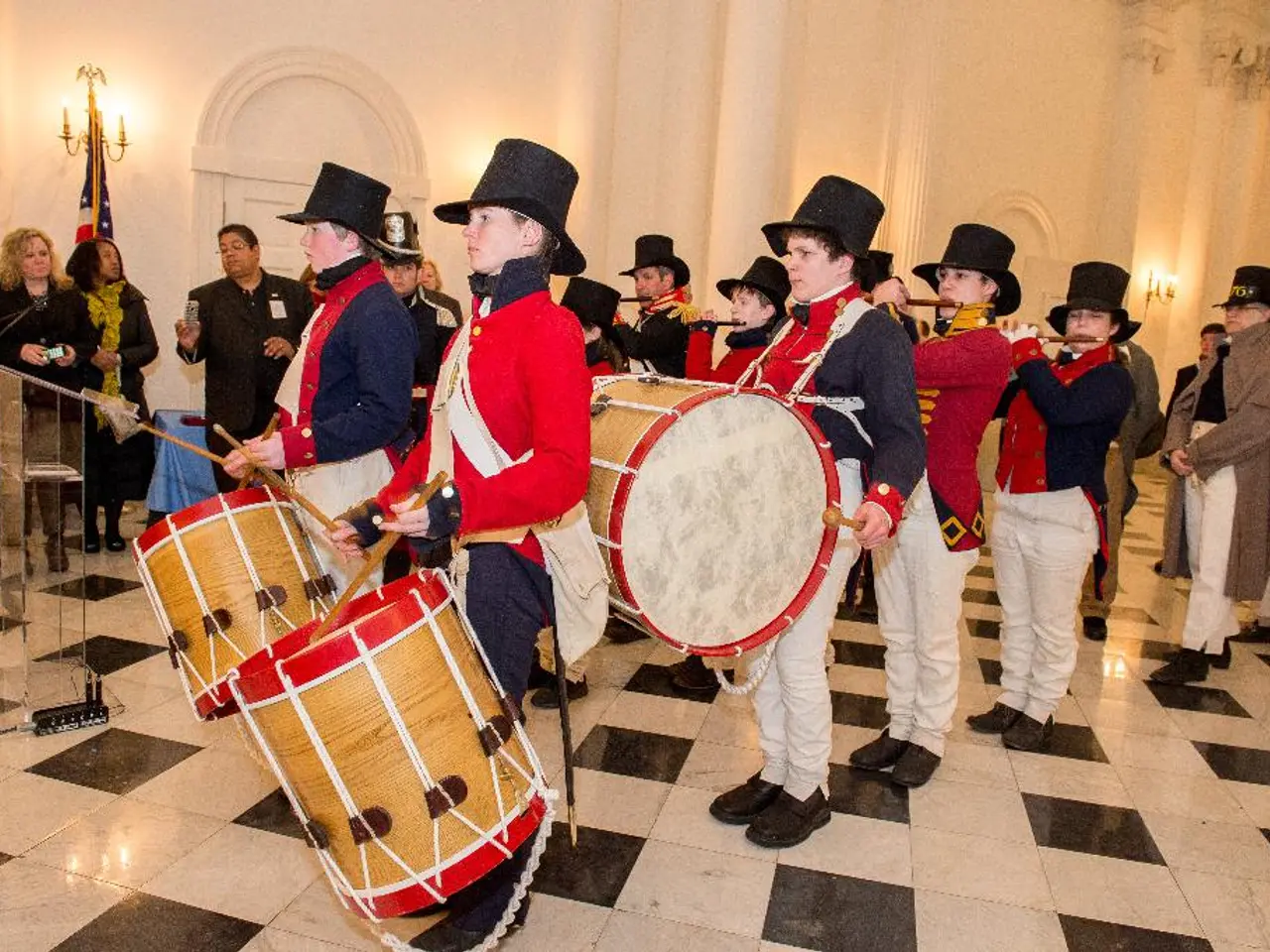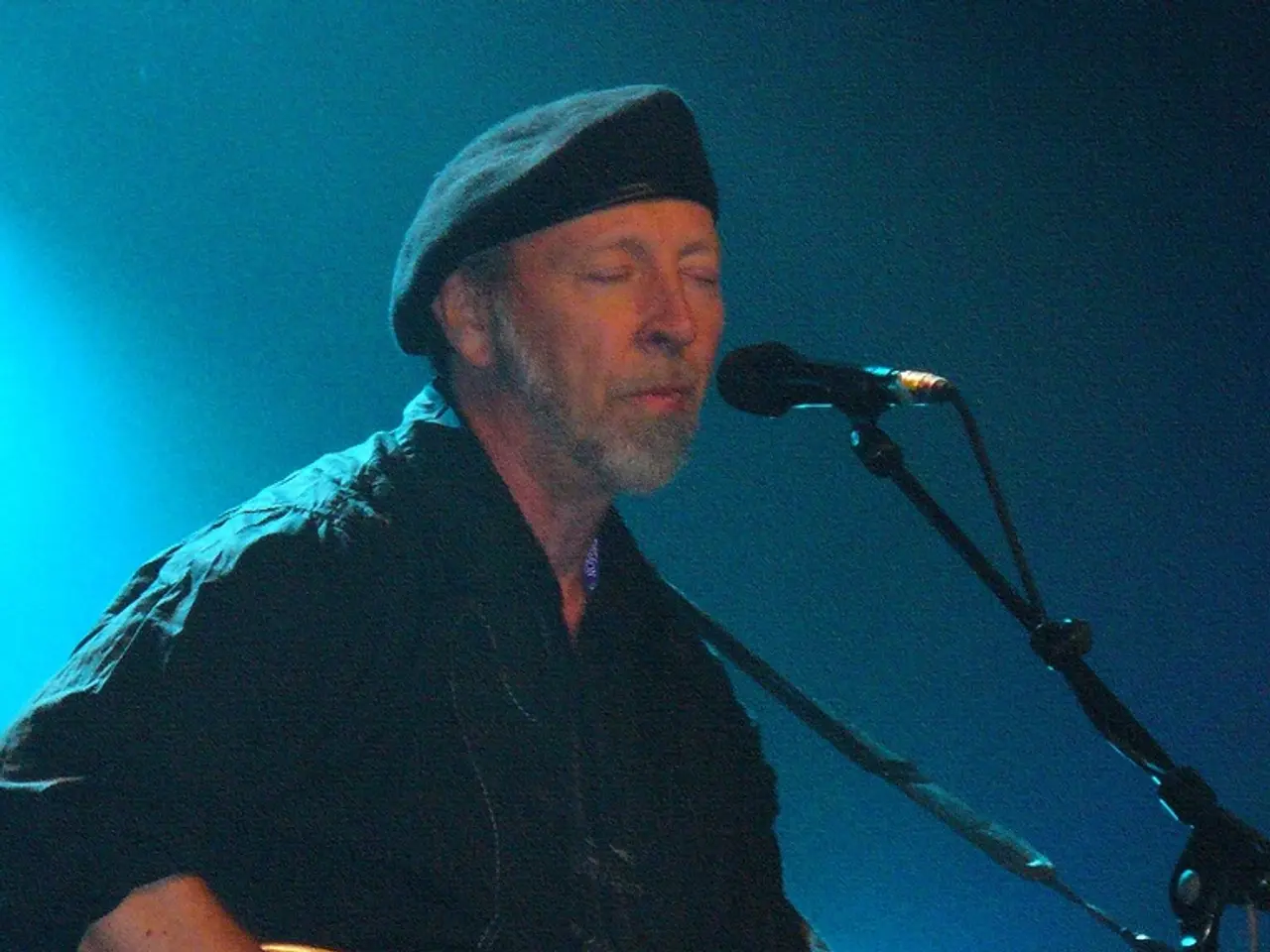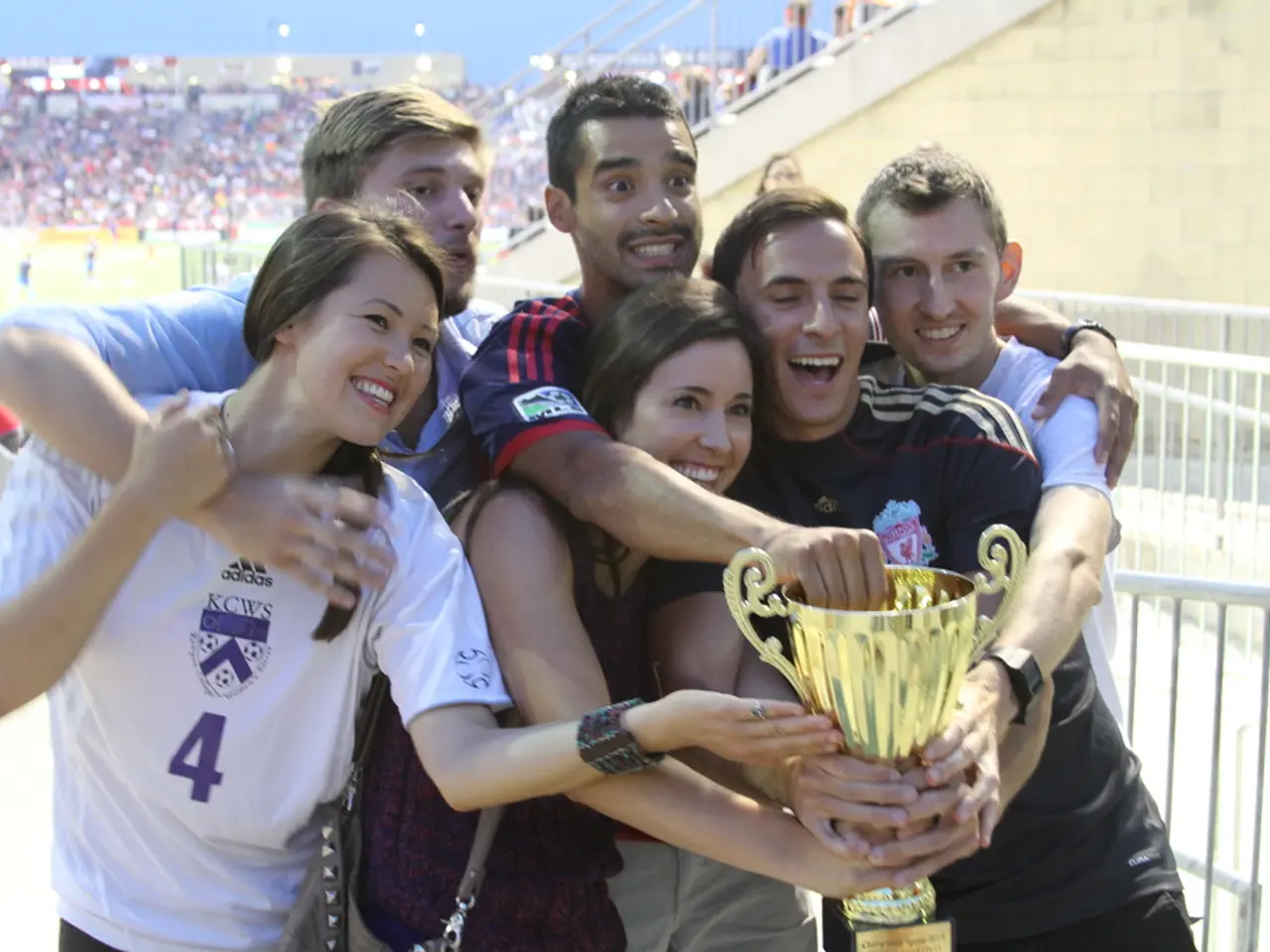Advertisers refer to 'the Big Game' instead of 'the Super Bowl' to maintain a neutral and inclusive approach when referring to the notable American football championship.
The Super Bowl, a global spectacle of sports and entertainment, is more than just a game. It's a registered trademark owned by the National Football League (NFL), and any commercial use of the name without explicit authorization is illegal.
The NFL takes its intellectual property rights very seriously, particularly when it comes to the Super Bowl. The organization holds federally registered trademarks for the name and aggressively enforces its rights against unauthorized commercial usage to protect the brand and prevent consumer confusion.
Unauthorized use in commerce includes selling or marketing products using the Super Bowl name, advertising commercial events or sales linked to the Super Bowl, or any use implying an official association or endorsement by the NFL without a license. This extends to background music licensing or indirect commercial references that could cause consumer confusion about sponsorship or affiliation with the NFL.
Trademark owners, like the NFL, often pursue legal action against unauthorized use. This can include cease and desist demands, lawsuits claiming trademark infringement, and seeking monetary damages or injunctions to stop the misuse. The risk is substantial as courts can award significant penalties for willful infringement.
One example of this strict enforcement came in 2007 when Fall Creek Baptist Church in Indianapolis attempted to charge for a Super Bowl party and was stopped by the NFL.
However, not all uses of the Super Bowl name are met with legal action. The NFL allows Super Bowl sponsors and the network airing the game to use the phrase, but only after paying a large fee. Churches, on the other hand, can hold viewing parties but are prohibited from charging admission. They can take up a collection to defray costs but cannot use any NFL or Super Bowl logos.
Local bars and even churches can face legal action for using the Super Bowl phrase to sell tickets or make money. Advertisers often use unregistered phrases like "the Big Game" or "the football championship" instead of the Super Bowl to avoid legal issues.
Journalists can use the phrase "Super Bowl" under fair use laws for purposes like criticism, teaching, and news reporting, but not for commercial purposes like giveaways.
The NFL's intense focus on protecting its intellectual property is not unique. The International Olympic Committee also fights against the unauthorized use of the Olympic rings logo and certain other terms and images.
Despite the strict rules, the Super Bowl remains a lucrative opportunity for businesses. Budweiser, for instance, paid $1.4 billion to extend its Super Bowl sponsorship through 2022. Advertisements during the Super Bowl run in the six-figures-per-second category, making it a prime advertising real estate.
In conclusion, the Super Bowl is more than just a game. It's a registered trademark that the NFL vigilantly protects to maintain the brand's value and prevent exploitation by unauthorized parties.
Sports-analysis: The NFL's aggressive enforcement of its trademark rights for the Super Bowl helps maintain the brand's value, earning substantial revenue from sponsors like Budweiser.
Entertainment: Journalists can use the term "Super Bowl" under fair use laws for news reporting, but businesses, such as local bars and churches, must be cautious about using the phrase to avoid legal issues.

